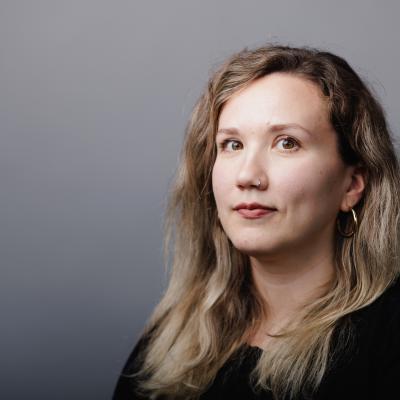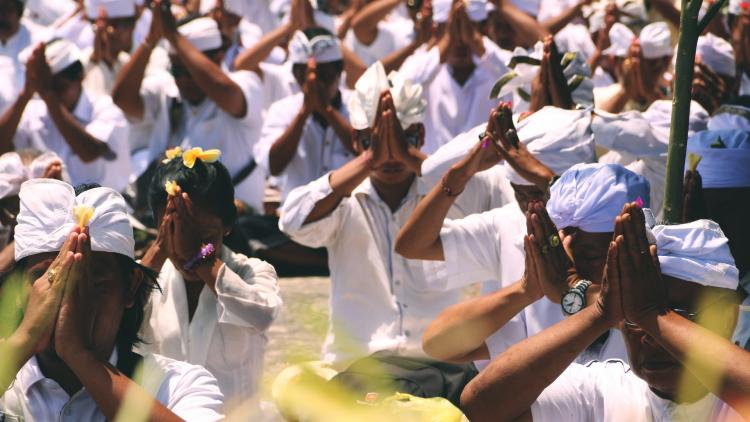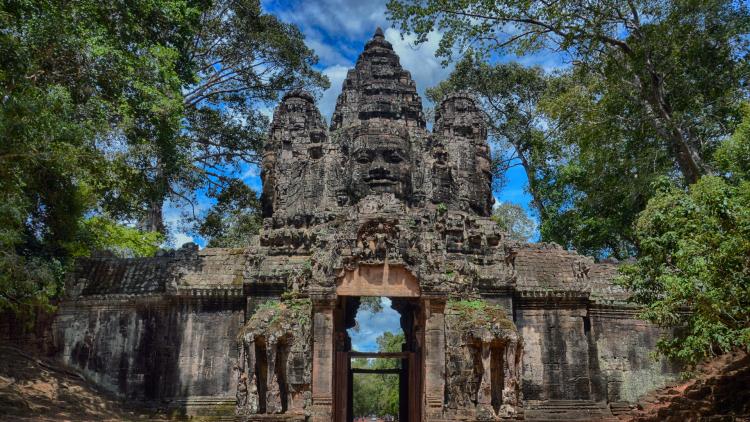Theory and Practice of Interdisciplinary Research

Key information
- Start date
- Year of study
- 2023/24
- Duration
- 1 and 2
- FHEQ Level
- 5
- Credits
- 30
- Department
- Department of History & School of History, Religions and Philosophies
Module overview
This module is the compulsory skills track element of the second year of the Global Liberal Arts programme.
It builds on the theories learnt and skills gained in year one, in the modules 'Introduction to Global Liberal Arts' and 'Colonial Curricula.' Over ten weeks we will critically engage with theoretical texts from a range of disciplines that engage critically with today’s globalised world (Global Studies, Literary and Cultural Studies, Anthropology, Sociology, Politics and International Studies) with a focus on the Global South.
You will then be given support and training to explore how you can apply these theories and approaches to answer a range of questions and contexts that go beyond the classroom and link them to everyday experiences. This will be conducted in individual and group assignments, which will conclude in both an essay and be collected in a mixed media portfolio, will provide you with ample opportunity to gain research, presentation and writing skills that will serve as a base for their dissertations in year three.
Additionally, we will study specific topics (e.g. London’s colonial heritage) through the lens of interdisciplinarity, and explore and practice different possibilities of communicating research output through new media, like podcasts, vlogging, blogging, social media, and creative practices, like creative writing, photography, sketching etc.
Possibilities to publish outstanding output through SOAS channels will be open to interested students.
Syllabus
- the role of Liberal Arts in education
- what are theories and how to apply them
- research methods and research design
- presentation methods
- knowledge, research and creativity knowledge, research and new media
Learning Outcomes
- Lo1. demonstrate the ability to analyse theoretical texts from selected interdisciplinary fields with a focus on the Global South and contextualise these in current debates and discourses
- Lo2 .design independent research projects and practice research methods studied in class (research skills
- Lo3. present a short research design (presentation skills
- Lo4. prepare research output in various written, oral and visual forms, including academic and creative writing, podcasting, photography, blogging and vlogging, and other creative practices
- Lo5. practice skills in new technologies and new media through the preparation of research output as described in L04
Workload
- 2 hour seminar per week (40 weeks)
Assessment
- One 2000 word essay (30%)
- One 3000 word mixed media portfolio (70%)
Reading List
- Mark Juergensmeyer, Saskia Sassen, Manfred B. Steger: The Oxford Handbook of Global Studies
- Appadurai, Arjun: Modernity at Large: Cultural Dimensions of Globalization
- Loomba, Ania: Postcolonial Studies and Beyond
- Mabel Moraña, Enrique Dussel, Carlos A. Jáuregui: Coloniality at Large. Latin America and the Postcolonial Debate
- Homi Bhabha: The Location of Culture
- Sokari Ekine, Hakima Abbas: Queer African Reader
- Nalini Visvanathan, Lynn Duggan, Nan Wiegersma, Laurie Nisonoff: The Women, Gender and Development Reader
- Frantz Fanon, Black Skin, White Masks
- Amina Mama, Beyond the Masks: Race, Gender and Subjectivity
- Oyèrónké Oyĕwúmí, The Invention of Women
- Grada Kilomba, Plantation Memories
- Walter Mignolo, Catherine E. Walsh, On DecolonialityGloria Anzaldúa, Borderlands
- Jennifer Ung Lo, J. Daniel Luther, Queer Asia: Decolonising and Reimaging Sexuality and Gender
- Nawal el Saadawi, The Hidden Face of Eve
- Rebecca Hall, Hugo Martínez, Wake. The Hidden History of Women-Led Slave Revolts



